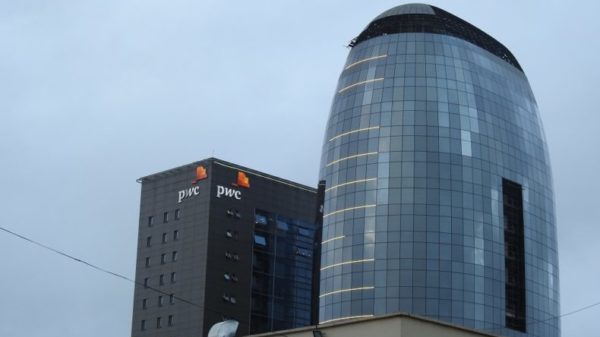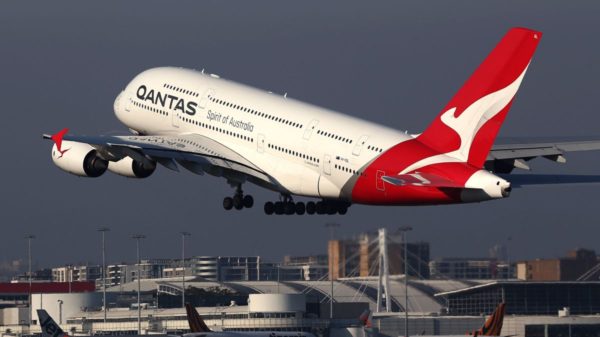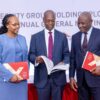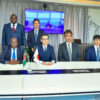NEW YORK, September 25 – Slowed growth in industrialised states could weaken demand for African exports, something the African Development Bank (ADB) president has described as a ‘serious crisis’.
ADB president Donald Kaberuka told a high-level meeting of 29 world leaders at the UN headquarters that the financial crisis in the US and other developed nations could have a serious impact.
“The strong growth of African economies in recent years has been helped by a growing world economy,” Mr Kaberuka observed.
He went on to state that the rich countries’ current financial difficulties should not keep them from meeting their pledges to increase aid to Africa.
Participants at the meeting noted that the challenge of reducing poverty in Africa – in the form of Millennium Development Goals (MDGs) – had been worsened by a variety of recent developments, including climate change and rising food and fuel prices.
The UN Secretary-General’s Steering Group on MDGs in Africa has estimated that about $72 billion a year in external financing will be needed to meet those targets.
The ADB boss said that while seemingly large, that amount is actually quite modest, and ‘just a fraction’ of the $267 billion that industrialised countries spend on domestic agricultural subsidies each year.
While a number of African countries have made notable progress on some goals, no African country is likely to achieve all of the MDGs by 2015, according to the UN Secretary General Ban Ki Moon.
"While Africa and its partners have made a number of commitments to attain those goals, those commitments remain only partially realised,” Mr Ban stressed.
African Union (AU) Commission President Jean Ping said at the opening session that the pledges are well known and only needed to be implemented.
“No new promises are required. The time has come for implementation. We need a real schedule. We need firm funding commitments. We need innovative strategies. We need leadership,” he intimated.
In a final political declaration after the meeting, leaders agreed that ‘while Africa can do more to mobilise domestic resources, increased trade opportunities, debt relief, technical assistance and foreign investment are all vital for helping to generate more resources for Africa’s development’.
French President Nicholas Sarkozy promised, speaking on behalf of the European Union (EU), that their commitment to contribute 0.7 percent of their GDP in aid by 2015 will be achieved.
“Such aid is not simply from the heart,” he said. “It is motivated by reason. We know that the development of Africa is first and foremost an investment in our common future.”
Denmark has already achieved the target of contributing 0.7 percent of its GDP in aid, reported Minister of Development Cooperation Ulla Tørnaes. “We must remain focused on Africa,” she affirmed, and invited other donor countries to follow suit.
Mark Malloch Brown, the UK’s minister for cooperation, argued that the current food crisis makes it especially important to back Africa’s strategy for food security.
Through its own efforts and with complementary support from the rest of the world, the obstacles to Africa’s development can be overcome, Tanzania’s President Jakaya Kikwete, also the AU chairperson, concluded.
“Africa is not a hopeless case. Neither are we desperate. We are determined to wrestle ourselves out of our predicament.”
“Now is the time for friends of Africa in the developed world to walk the talk,” he stated.























